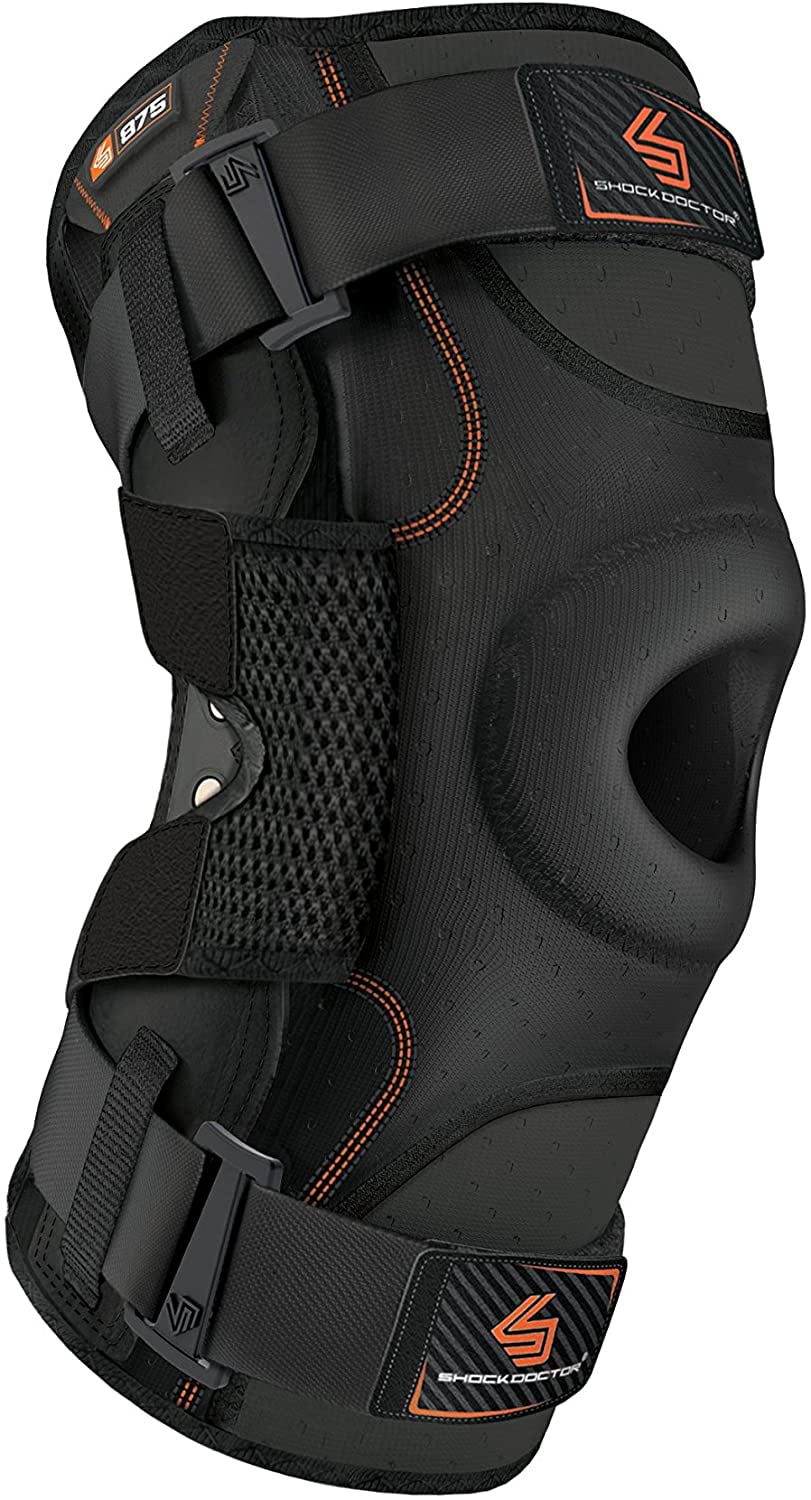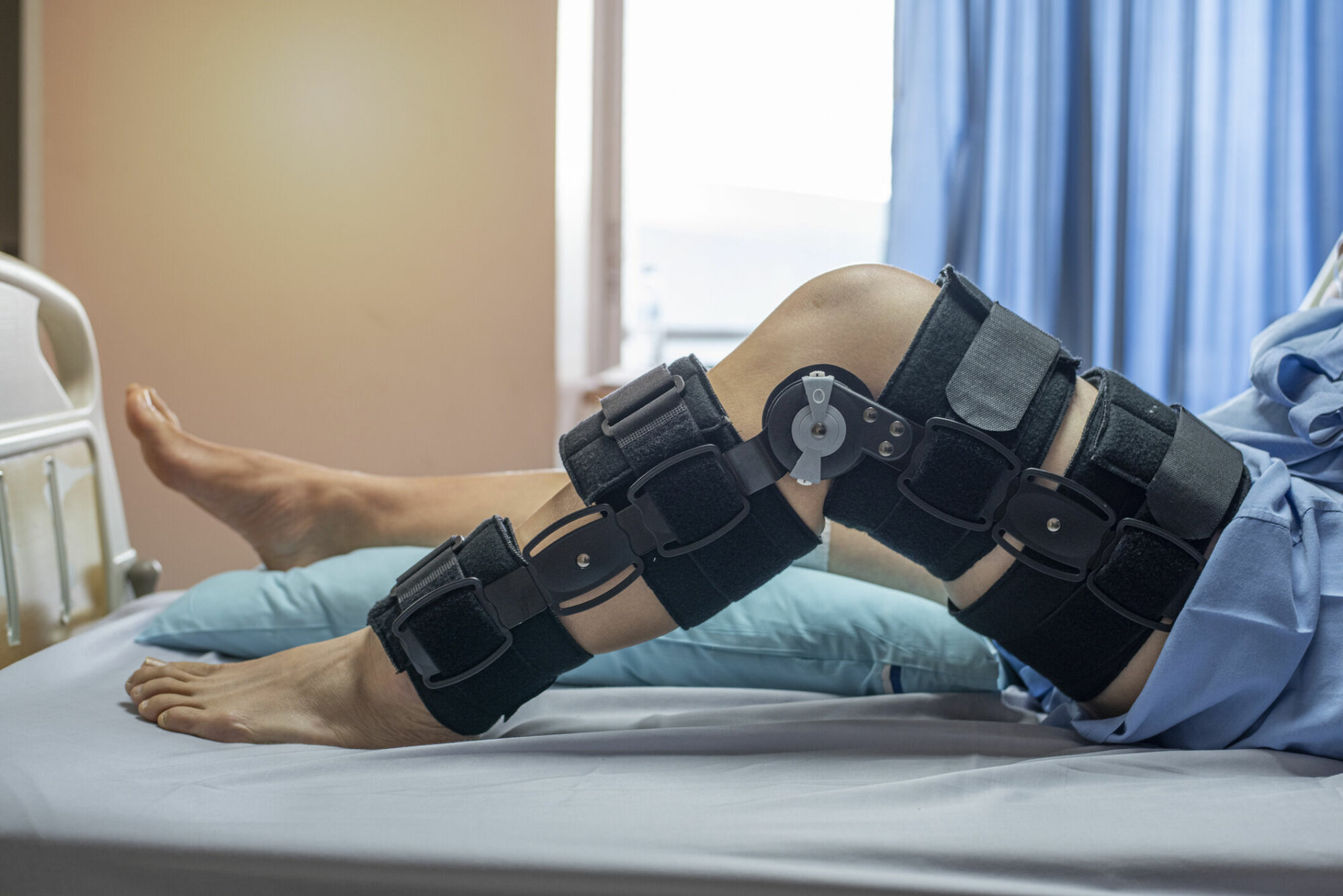

Staying hydrated helps you to recover after ACL surgery. Added sugar in the diet is a no-go too, as it will also increase inflammation.ģ. Omega-6 fats, such as vegetable oil and saturated fats, actually increase inflammation and should be avoided. Not to state the obvious, but nutrient deficiencies won’t get you very far when it comes to recovery. While these are great additions to your diet, there are also things you should avoid. Collagen helps boost muscle mass and relieve joint pain. Branch chain amino acids (also known as BCAAs) are useful to strengthen muscles, tendons, and ligaments. Tart cherry juice and fish oil can fight inflammation, and casein proteins prevent muscle breakdown. There are a few other supplemental nutrients that benefit the recovery process. Between meat, shellfish, and legumes, there’s plenty of ways to add zinc to your diet.Zinc is effective in aiding wound healing, protein synthesis, and immune function.It is found in nuts and seeds, leafy greens, and lobster.Copper comes into play with red blood cell formation, immune function, and bone health.Broccoli, seeds, and dairy products (of course) will provide your diet with a calcium boost.Calcium is a key mineral for skeletal structure and function – aka, keeping your bones in good shape.Look for salmon, tuna, and mushrooms to add Vitamin D to your diet.Vitamin D is a big player in bone health and immune function.


So even though it may help you fall (and stay) asleep at night after an ACL repair, it does not benefit you as much as Cognitive Behavioral Therapy.Ĭognitive Behavioral Therapy (CBT) is a form of therapy that focuses on changing thoughts and behaviors to manage pain. Unfortunately, a medicated sleep aid does not have the same health benefits as normal sleep does. Sleep aids can be effective in decreasing the amount of time it takes to fall asleep at night as well as increasing time asleep. There are a couple of ways to combat sleep deprivation.

Aside from obvious fatigue, this can lead to increased use of opioids prescribed after surgery. This becomes problematic because the less you sleep, the more sensitive you are to that pain. Afterward, you may have problems falling asleep and/or getting less sleep than usual. Think about it – surgery (and recovery) is painful. In this wheelhouse, goals for recovery include quality sleep, decreasing pain levels, and limiting heavy pain medication use. The biggest sleep-related concern with a repaired ACL is a lack of sleep. Let’s explore these factors more closely to learn the things you should be doing during recovery from an ACL tear. You may not know this, but sleep, nutrition, hydration, and behavioral health, should all be entered into the recovery plan. But there are plenty of other factors to consider when it comes to rehabilitating a newly repaired ACL.


 0 kommentar(er)
0 kommentar(er)
